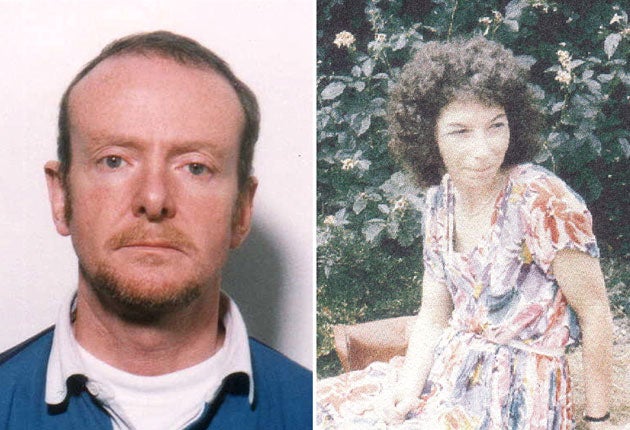Scandal of killers who control their victims' estates
Lib Dem MP Andrew George highlights 'grotesque contortion of justice' in cases of violent crime

Murderous husbands should not be allowed to control their victims' estates, ministers will be told this week. Family support groups and MPs are demanding changes to the law which enables husband or wife-killers to remain the next-of-kin and responsible for decisions relating to the victim.
Bereaved relatives are condemning the "shoddy" legal system which forces them to ask permission to organise a loved-one's funeral. People convicted of murdering their spouses can also prevent the victim's family from reclaiming personal effects, heirlooms and other personal items. Under the law relatives are not even permitted a death certificate.
Justice minister Crispin Blunt will face calls for a rebalancing of the criminal justice system, which critics complain is weighted too far in favour of the perpetrators of violent crime. The calls reinforce the findings of a report by Louise Casey, the first commissioner for victims of crime in England and Wales, who said victims are too often the "poor relation" in the legal process.
On Wednesday, Liberal Democrat MP Andrew George will highlight the case of Claire Oldfield-Hampson, who was killed by her husband David with a hammer and buried in the garden of their family home in Cambridgeshire in 1996. The death went undiscovered for two years before her body was exhumed and he was arrested. Hampson pleaded guilty to manslaughter with diminished responsibility and served two years of a four-year sentence. During the court hearing, his wife was portrayed as an uncaring mother and a nagging wife.
For her family, the conviction failed to end their battle with the judicial system. In such cases, victims' families have to request the permission of the next of kin – essentially the killer's spouse – for access to personal items. Joanne Bryce, Claire's sister, said the family were denied access to family heirlooms, photographs and even war medals.
Mr George said: "If this is how we are treating victims of crime we should feel ashamed. This whole case has been a grotesque contortion of justice." He will also demand that ministers look again at the rules which mean the Criminal Cases Review Commission will review cases for perpetrators of crimes but not victims or their families.
Ms Bryce hit out at the way the legal system is weighted in favour of the criminal. "There are two women murdered a week by husbands or partners. It's not news any more. If it happens to your family you are just in a complete fog and the whole system seems against you."
There are many similar cases. In June 2003, Janice Mundy was strangled by her estranged husband Anthony in front of their two sons at home in Cornwall, before he hanged her from the stairs to make it look like suicide.
Janine's mother, Janet Barrett, said for years afterwards every decision about the family home, and her grandsons' future, had to be relayed to Mundy in prison: "They seem to get all the rights and the victims are discarded," she said.
Campaigners say the experience of victims' families is all too common. Frank Mullane of AAFDA (Advocacy After Fatal Domestic Abuse) said: "There is insufficient help for victims of serious crime. Victims often have to fight hugely difficult and wearisome battles just to ensure they are treated with appropriate respect in the criminal justice system."
Subscribe to Independent Premium to bookmark this article
Want to bookmark your favourite articles and stories to read or reference later? Start your Independent Premium subscription today.
